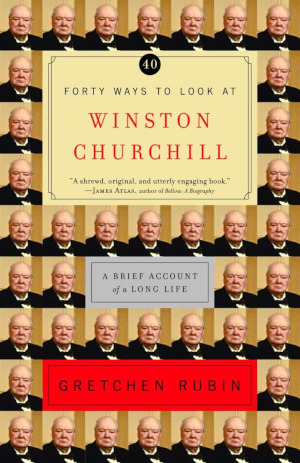Book Review - 7 Reasons Why God Created Marriage
[amazon 0802422624 thumbnail] |
In The Seven Reasons God Created Marriage, James Ford, senior pastor of Christ Bible Church in Chicago, aims to provide a blueprint for couples, especially those contemplating marriage. Pastor Ford brings a rich background of pastoral experience and marriage and family counseling to the writer’s table. He teaches that couples must understand why God created marriage before they can have the joy at home that God intended. He writes, “To be specific, marriage was created for the partners to share the following with each other: the pattern of the Trinity, partnership, perfecting, procreation, pleasure, purity, and the picture of Christ” (p. 16). It is upon these seven reasons that the book is structured.
Foundationally, Ford wants the reader to understand that following the pattern of the Trinity in the home is the key reason for marriage. He repeatedly explains how fulfilling one of these seven purposes fulfills God’s larger purpose of picturing the Trinity in marriage. For example, on the subject of procreation Ford states, “My point is, as the leader of your home, God helps us to prosper when we do it His way; but it’s up to every individual to allow Him to be your leader. If you follow the blueprint of the Trinity that is laid out for you, you and your family will be blessed of the Lord, living in peace and prosperity” (p. 132).
Ford redirects the reader to this foundational reason for marriage in similar ways in every chapter. He ends the book by presenting the other foundational reason for marriage—picturing Christ—then explains how this final reason completes God’s desire for marriage.


Discussion